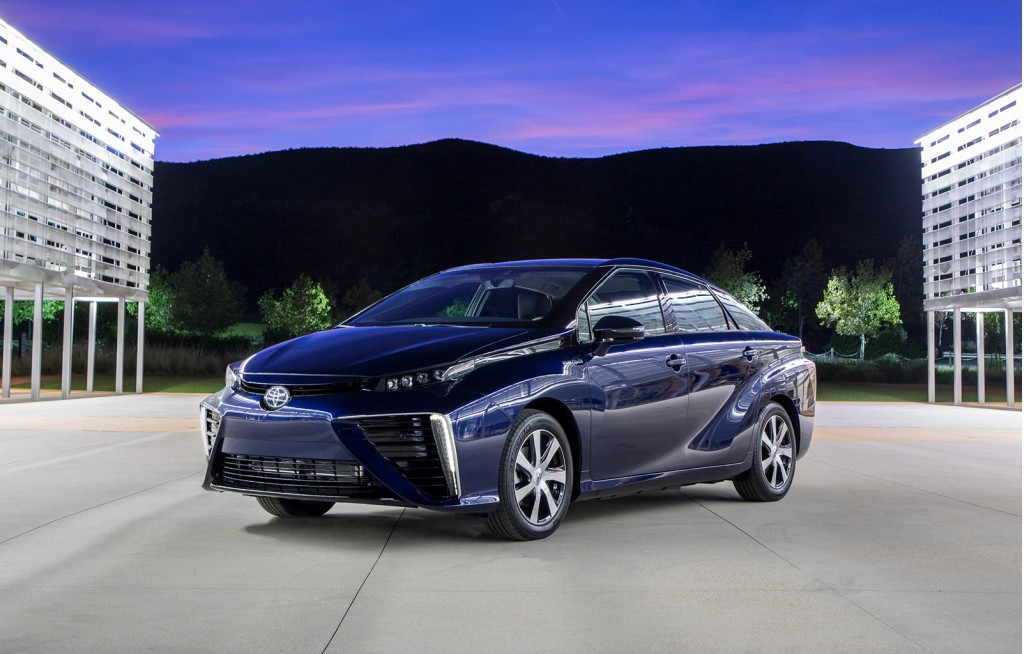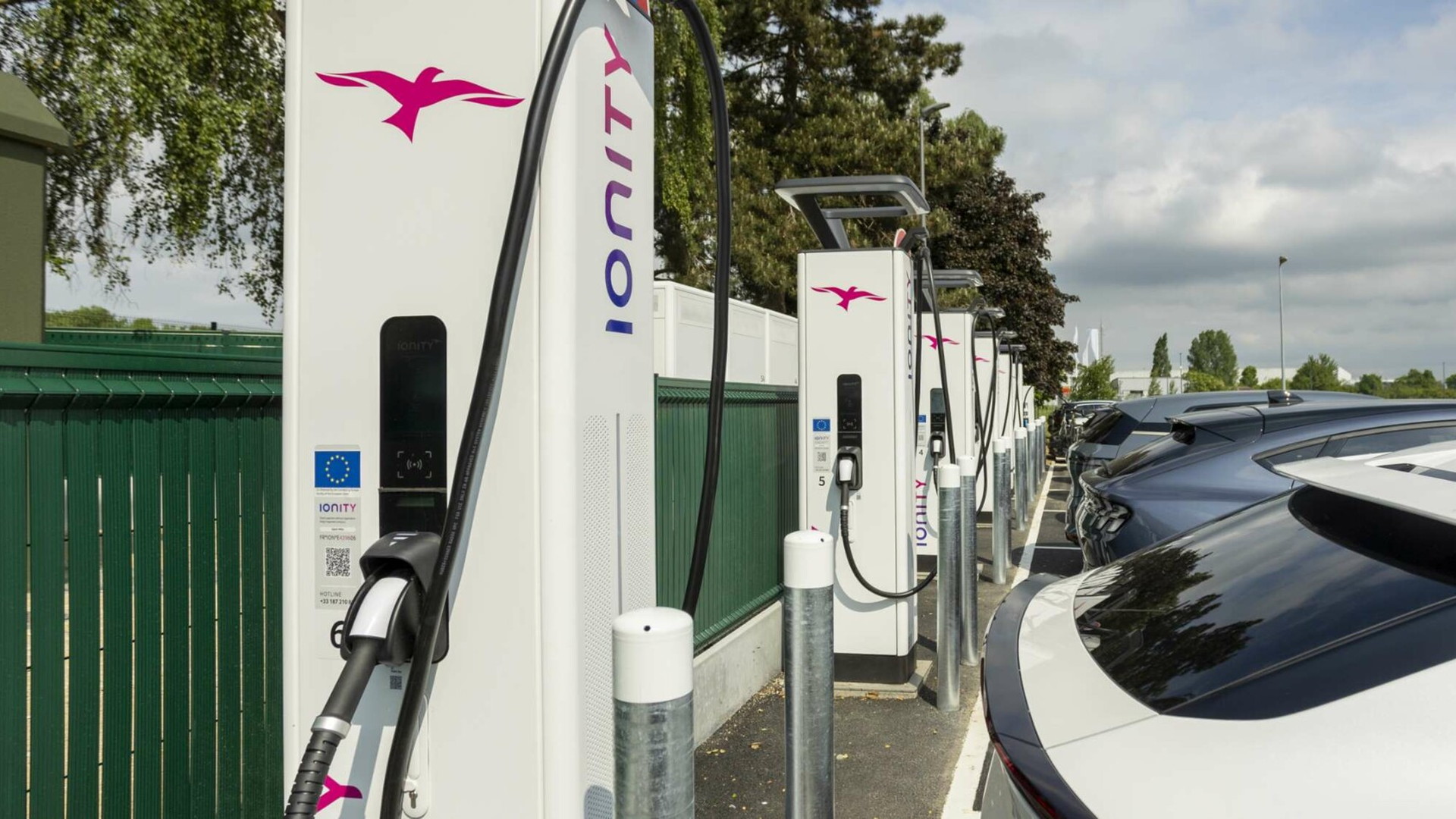If hydrogen fuel-cell cars are to succeed, region by region, they will need an adequate number of public fueling stations in each area where they're sold.
Carmakers have undertaken campaigns to build up electric-car charging infrastructure in multiple countries, but the much higher cost of hydrogen fueling stations makes similar efforts more difficult.
Nonetheless, the national government of Japan has shown a strong and continuing commitment to fuel-cell cars as part of its "Hydrogen Economy" vision.
DON'T MISS: Japan To Spend $385 Million On Hydrogen For 2020 Olympics Deadline
The three largest Japanese carmakers--Honda, Nissan, and Toyota--will now undertake a joint effort to support the construction of new fueling stations.
In a joint statement released yesterday, the three companies discussed details of the effort, first announced back in February.
As previously discussed, the measures taken will include underwriting some of the operating costs incurred by the infrastructure companies that build the fueling stations.

2016 Toyota Mirai
The carmakers will cover one third of operational expenses for stations in the program, with a cap of 11 million yen (about $90,000) per station.
Operators will have to reapply for funding each fiscal year, but so far the carmakers haven't indicated whether there will be a limit on how many stations will receive support.
The program will run until "FCVs become well established in the market and the development of hydrogen station infrastructure is well underway," according to the statement.
ALSO SEE: Japan Eases Laws, Boosts Incentives For Hydrogen Fuel-Cell Cars
That could be around 2020, the carmakers say.
Efforts to establish a complete hydrogen fueling infrastructure makes sense for two of the three partners.
The 2016 Toyota Mirai fuel-cell sedan is already on sale in Japan, and will be available to customers in limited regions of California beginning this fall.
Honda plans to launch a fuel-cell car of its own next year, based on its recent FCV and FCEV concepts.

Honda FCV Concept
Nissan, however, has shown less interest in hydrogen fuel cells after embarking on an ambitious initiative to become the highest-volume maker of battery-electric cars.
In January 2013, the company joined with Daimler and Ford to form a three-way fuel-cell partnership.
But its primary focus remains on electric cars, and its Nissan Leaf is by far the world's highest-volume plug-in electric car.
MORE: Japan's Fuel-Cell Vehicle Pursuit: Is It Obama's 'All Of The Above' Approach? (Jul 2014)
Still, Nissan is apparently planning to put a fuel-cell vehicle on sale "as early as 2017," according to the statement that covered the infrastructure project.
Japan's fueling infrastructure project will unfold alongside enormous efforts by the Japanese government to promote fuel cells for a variety of uses.
Prime Minister Shinzo Abe sees a national network of fueling stations as part of his plan for a "hydrogen society" in which fuel cells power not only cars, but homes and office buildings as well.
The Tokyo city government plans to subsidize the construction of 35 hydrogen fueling stations within its jurisdiction by 2020--the year the city will host the Summer Olympics.
_______________________________________________












